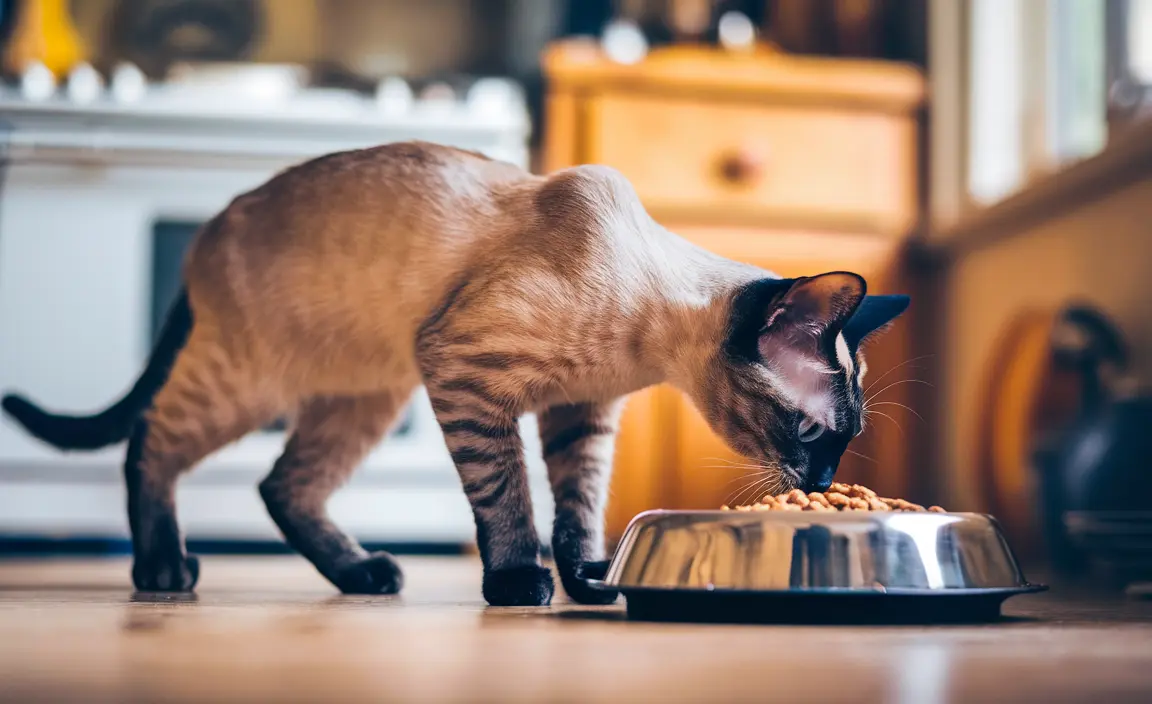As a cat owner, you might have wondered about the mysterious world of feline digestive processes. While cats are known for their elegant and dignified nature, they're not immune to the occasional unexpected gaseous release. Understanding cat flatulence can help you better monitor your furry friend's digestive health and overall well-being.
In this comprehensive guide, we'll explore everything you need to know about cat farts, from why they happen to when you should be concerned.
Why Do Cats Fart?
Contrary to popular belief, cats do indeed fart. Just like humans and other mammals, cats experience gas buildup in their digestive system. However, feline flatulence tends to be much more subtle and less frequent compared to dogs or humans.
Common Causes of Cat Farts
Cats can experience gas due to various reasons:
- Rapid eating and swallowing excess air
- Sudden dietary changes
- Food allergies or sensitivities
- Consuming hard-to-digest ingredients
- Intestinal parasites
- Bacterial imbalances
- Stress and anxiety
Understanding Cat Fart Characteristics
Most cat farts are quiet and nearly undetectable. Unlike dogs or humans, cats typically pass gas without much fanfare. However, occasional noticeable or smelly emissions can occur, which might signal underlying digestive issues.
When Cat Farts Become a Concern
While occasional gas is normal, pay attention to these warning signs:
- Frequent, loud, or particularly smelly flatulence
- Accompanying symptoms like bloating
- Loss of appetite
- Vomiting or diarrhea
- Visible discomfort
Preventing Excessive Cat Farts
Fortunately, you can help minimize your cat's gas-related issues through proactive management:
Dietary Management
- Introduce new foods gradually
- Choose high-quality, protein-rich cat food
- Avoid sudden diet changes
- Eliminate potential allergens
Eating Habits
- Use slow-feeder bowls to reduce air intake
- Serve smaller, more frequent meals
- Monitor eating speed
Stress Reduction
- Create a calm home environment
- Provide consistent routines
- Use stress-reduction techniques like pheromone diffusers
When to Consult a Veterinarian
If your cat experiences persistent or unusual flatulence, it's crucial to consult a veterinarian. Excessive gas could indicate underlying health conditions such as food intolerances, parasitic infections, or digestive disorders.
Frequently Asked Questions
Do cats fart, and is it a sign of a health problem?
Yes, cats do fart. Occasional, quiet gas is normal, but frequent or smelly flatulence might indicate digestive issues.
Why do cats pass gas?
Cats can experience gas from rapid eating, dietary changes, food sensitivities, parasites, and stress.
How can I reduce gas in my cat?
Introduce dietary changes slowly, use slow-feeder bowls, choose high-quality food, and manage your cat's stress levels.
What foods are most likely to cause gas in cats?
Foods with high fiber content, non-meat proteins, and ingredients your cat is sensitive to can cause gas.
When should I take my cat to the vet for farting?
Consult a veterinarian if gas is frequent, accompanied by other symptoms like vomiting, diarrhea, or visible discomfort.
Understanding your cat's digestive health is an essential part of responsible pet ownership. By paying attention to their diet, eating habits, and overall well-being, you can help ensure your feline friend stays happy and healthy.






